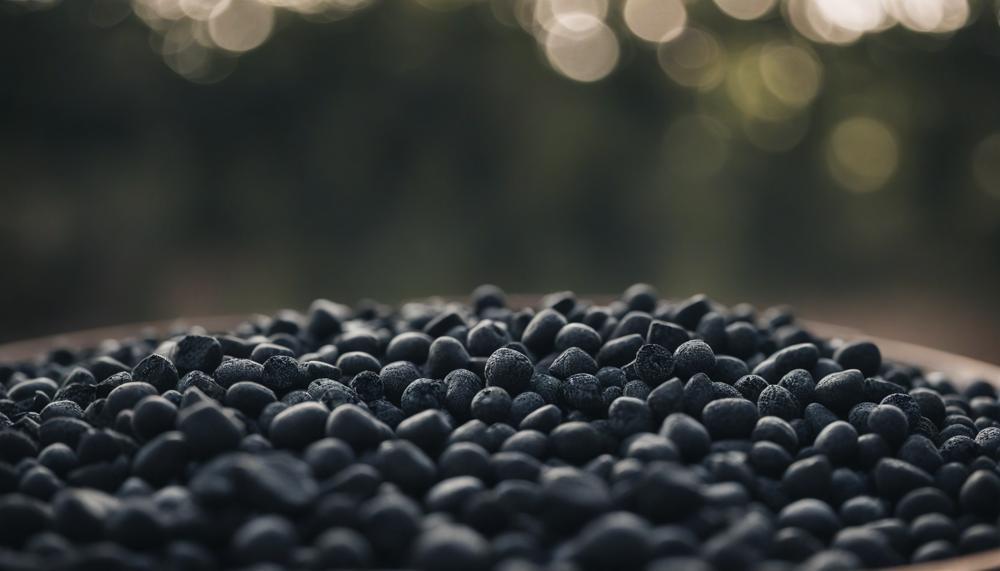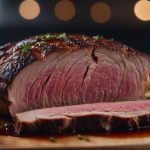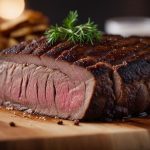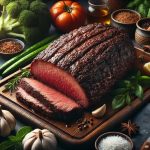*No, charcoal does not expire or go bad, provided it is kept dry. Whether you have briquettes or lump charcoal, these carbon-rich fuel sources remain stable and effective for indefinite periods if properly stored. However, moisture is charcoal’s main enemy—if it gets wet, it can lose its ability to burn efficiently and become difficult to light.
Key Takeaways:
- Charcoal Lifespan: Both briquettes and lump charcoal can last indefinitely if kept dry.
- Moisture Impact: Exposure to moisture can degrade charcoal, making it less effective.
- Additive Concerns: Quick-light charcoal with additives can expire, becoming harder to ignite.
- Storage Tips: Store charcoal in a sealable, moisture-proof container in a dry location.
- Usability: Dry charcoal, even after long periods, remains usable and effective for burning.
Understanding these key points ensures that your grilling and heating experiences are consistently reliable. With the right storage methods, you can keep your charcoal ready for action whenever you need it.
Contents
What Is Charcoal?
Charcoal is a black, porous substance that derives from burning organic matter, such as wood, in an environment low in oxygen.
This process, known as pyrolysis, ensures that the material does not combust fully but transforms into a carbon-rich residue. Charcoal is favored for its ability to burn at high temperatures and produce minimal smoke, making it ideal for grilling.
Types of Charcoal:
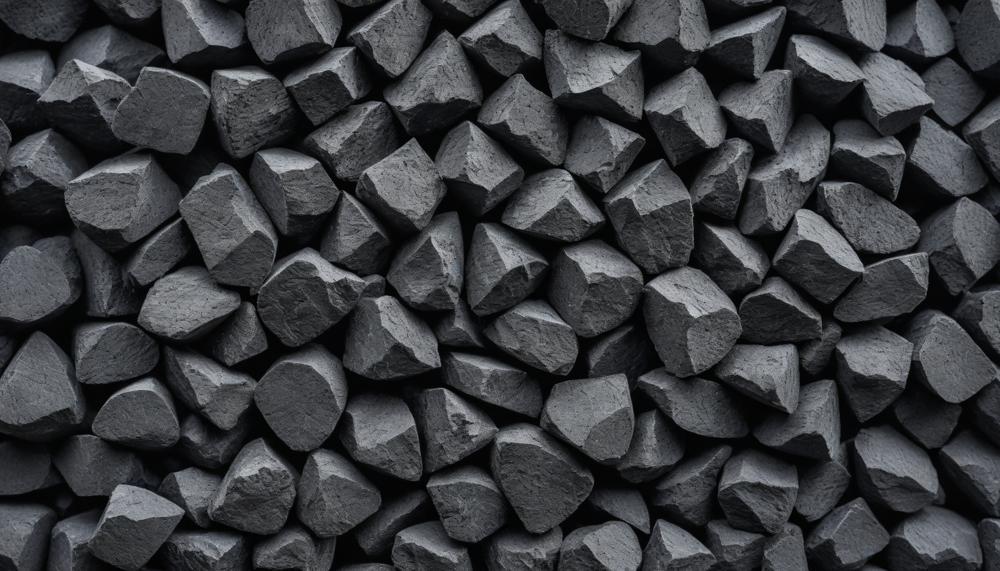
- Lump Charcoal: This type is made directly from hardwood material and is favored for its purity and quick lighting capability.
- Briquettes: These are made from various by-products of wood and organic materials, compressed into uniform shapes with binders. They burn longer and more consistently than lump charcoal.
Usage Tips for Grilling Aficionados:
| Type | Lighting Time | Burning Characteristics |
| Lump Charcoal | Quick | Hotter and faster burning |
Can Charcoal Go Bad?
| Can Charcoal Go Bad? | Yes, charcoal can go bad if exposed to moisture. | |
| Explanation: | Charcoal itself, whether in lump or briquette form, does not expire over time under dry storage conditions. However, exposure to moisture is detrimental as it can degrade the charcoal’s quality and performance. Moisture absorption leads to difficulties in lighting and reduces the heat output and burn time of the charcoal. | |
| Key Points: |
|
|
| Practical Advice: | Ensure your charcoal remains dry by storing it properly. Regularly check stored charcoal for any signs of moisture absorption to maintain its usability and efficiency for grilling. | |
How Should I Store My Charcoal To Keep It Safe?
To ensure your charcoal remains safe and in prime condition for grilling, adopt the following storage guidelines:
Use Appropriate Containers
Select storage containers that are airtight and weatherproof to protect the charcoal from moisture. Suitable options include:
- Charcoal caddies, specifically designed for charcoal storage.
- Metal trash cans, known for their durability and weather resistance.
- Plastic pails and trash cans, especially those with tight-fitting lids or wheels for easy movement.
Maintain Dryness
Always store your charcoal in a dry place. If possible, place a heavy-duty trash bag inside your storage container to act as an additional moisture barrier. This is crucial, as charcoal that becomes damp can lose its effectiveness and may not light properly.
Location
Keep the storage container in a covered, dry area away from direct exposure to weather elements such as rain or snow. A garage or covered patio works well.
Accessibility and Safety
Place the charcoal in a location that is both accessible for your use and secure from children and pets. Ensure that the storage area is clean and free from clutter.
Check Regularly
Inspect your charcoal storage periodically to ensure that the container remains airtight and the charcoal is dry. This is particularly important in humid climates or during rainy seasons.
What Do I Do If My Charcoal Gets Wet?
If your charcoal gets wet, don’t fret—it can often be salvaged depending on the severity of the moisture and the quality of the charcoal. Here’s a straightforward guide to drying out and potentially saving your wet charcoal for future grilling sessions:
- Separate and Assess: Start by pouring the wet charcoal onto a dry, flat surface like a garage floor or driveway. Separate the pieces, distinguishing the most soaked ones from those less affected.
- Sun-Drying Method: Place the charcoal in a single layer on a cement surface where it will receive direct sunlight. Allow the charcoal to dry under the sun. It’s crucial to flip the pieces periodically—once they appear dry on one side—to ensure they dry evenly and thoroughly. This process might take a couple of days, especially if the charcoal is deeply saturated.
- Storage and Prevention: Once your charcoal is dry, store it in a sealed container to protect it from future moisture exposure. This will help maintain its readiness for your next BBQ.
However, it’s important to note that if the charcoal is of lower quality, it might crumble after becoming wet. In such cases, it would be wise to invest in a new bag of charcoal.
Conclusion
In conclusion, charcoal does not expire or go bad under dry storage conditions. Whether you prefer lump charcoal or briquettes, both types can last indefinitely if kept away from moisture. The primary threat to charcoal’s longevity is dampness, which can hinder its ability to ignite and burn efficiently.
Key takeaways from this article highlight the importance of proper storage:
- Longevity: Charcoal remains effective indefinitely when stored in a dry environment.
- Moisture Impact: Exposure to moisture compromises charcoal quality and performance.
- Additives: Quick-light charcoals with additives may degrade over time.
- Storage Tips: Use sealed, moisture-proof containers to safeguard your charcoal.
By following these guidelines, you can ensure your charcoal is always ready for grilling or other uses. Remember, keeping it dry is the key to maintaining its quality and effectiveness. For more tips on how to store charcoal and enhance your grilling experience, refer to the detailed storage recommendations provided in this article.
Charcoal’s reliability and versatility make it a staple for outdoor cooking enthusiasts, providing consistent heat without the worry of expiration.

